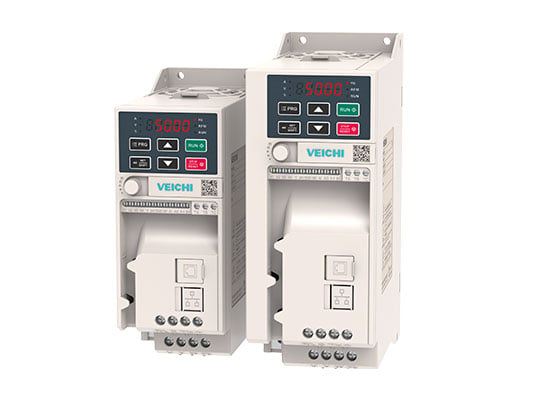Introduction
Charging stations and hybrid inverters are two important components in the field of renewable energy and electric mobility. Although their purposes differ, understanding these differences can help you choose the device that best meets your needs.
Charging Stations
- Main purpose: Charging stations are designed to charge the batteries of electric vehicles (EVs). They provide electricity from the grid or solar panels to the vehicle.
- Types of charging stations: There are various types of charging stations, such as home (slow) and commercial (fast). Home stations are often used for daily charging, while commercial ones are typically located in public places.
- Features: Charging stations have different power levels, affecting the charging speed. They can also support remote monitoring and management through specialized applications.
- Advantages: Charging stations provide fast and safe charging of electric vehicles, contributing to the development of electric mobility.
Hybrid Inverters
- Main purpose: Hybrid inverters are part of solar energy systems and convert direct current (DC) from solar panels into alternating current (AC) for household use. They can work with both batteries and the electrical grid.
- Backup power: One of the key advantages is their ability to provide backup power during outages, making them ideal for stand-alone systems.
- Energy storage: Hybrid inverters can store excess energy in batteries for later use, reducing dependence on the main electrical grid.
- Flexibility: Hybrid inverters can operate in various modes, such as Grid-Tie, Off-Grid, and Hybrid, making them more versatile compared to traditional inverters.
Main Differences
- Purpose: Charging stations are intended for charging electric vehicles, while hybrid inverters are used in solar energy systems and for backup power.
- Use of batteries: Hybrid inverters can work with batteries for energy storage, while charging stations directly charge electric vehicle batteries.
- Functionality: Charging stations are limited to charging only, while hybrid inverters offer additional features such as energy storage, backup power, and energy conversion.
Conclusion
Therefore, the choice between a charging station and a hybrid inverter depends on your needs: for charging an electric vehicle, a charging station would be the better option, whereas for optimizing energy consumption in a household or business using solar energy, a hybrid inverter is more suitable.
